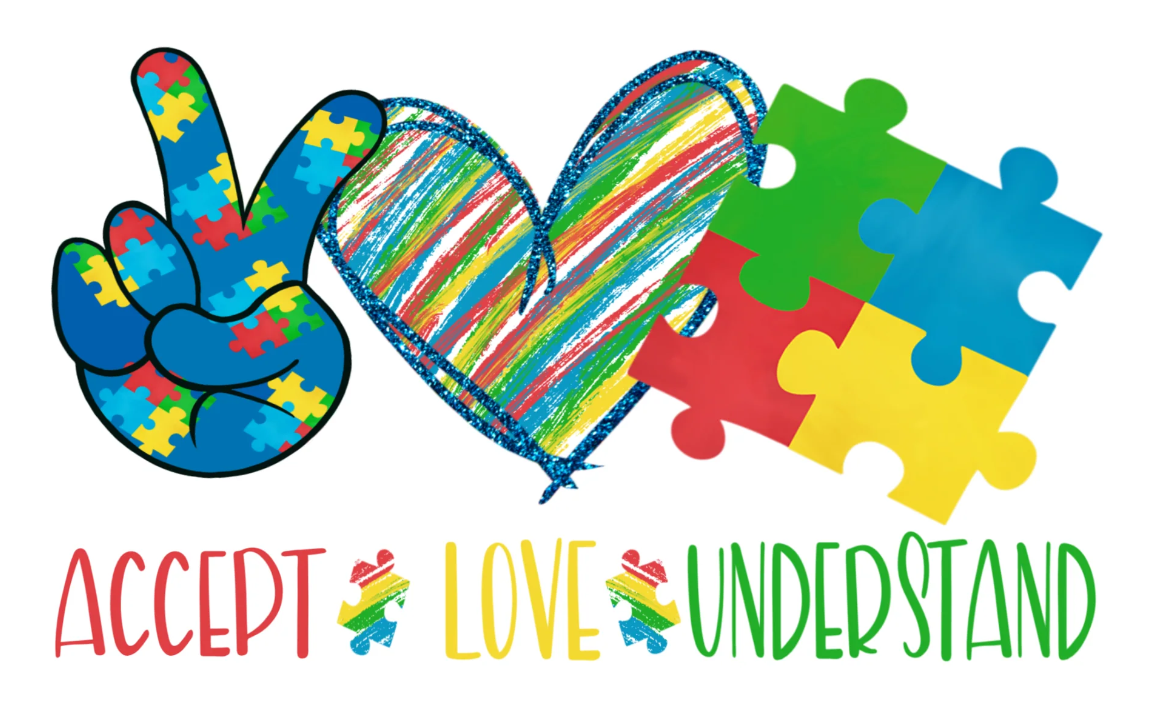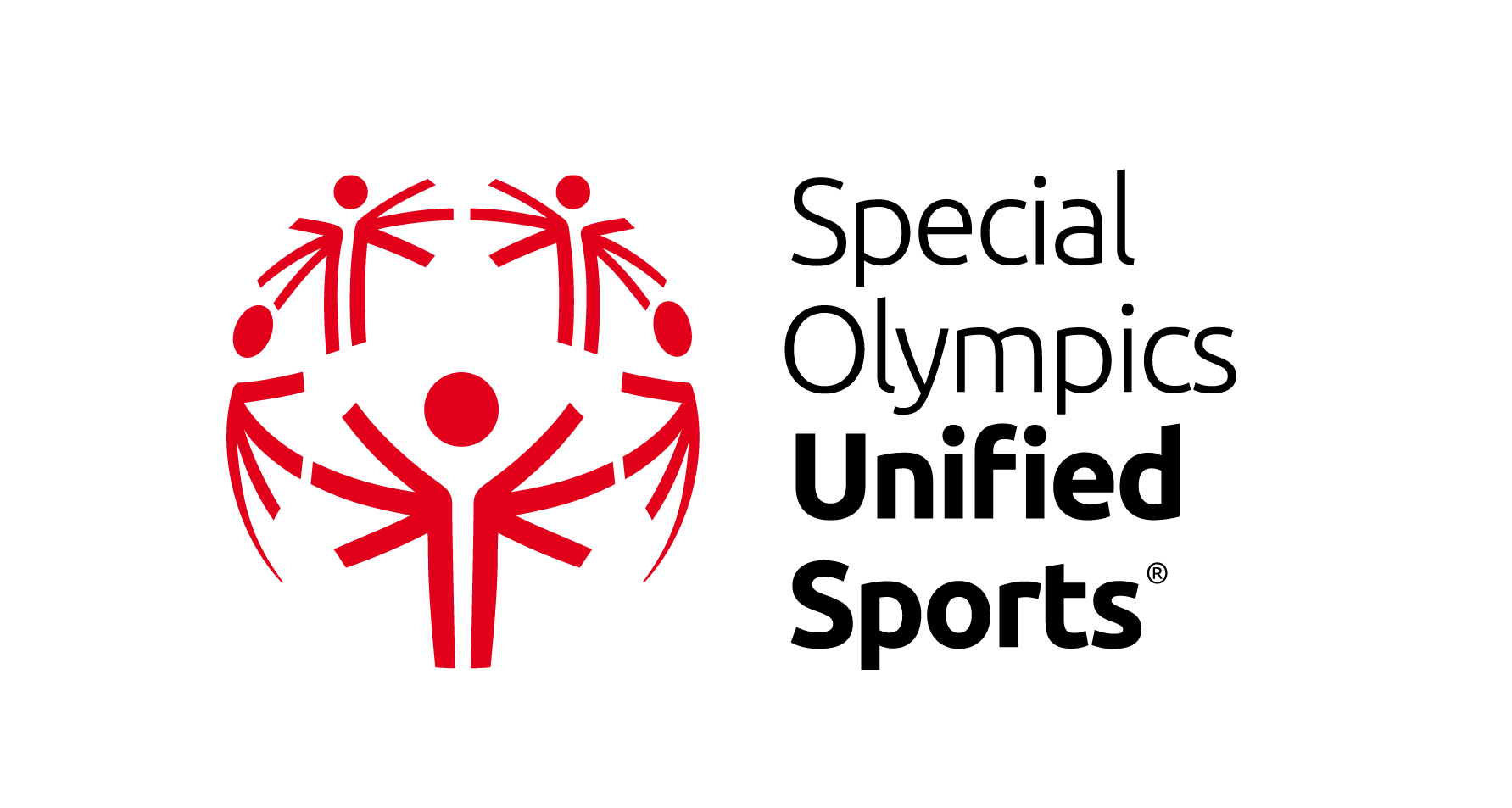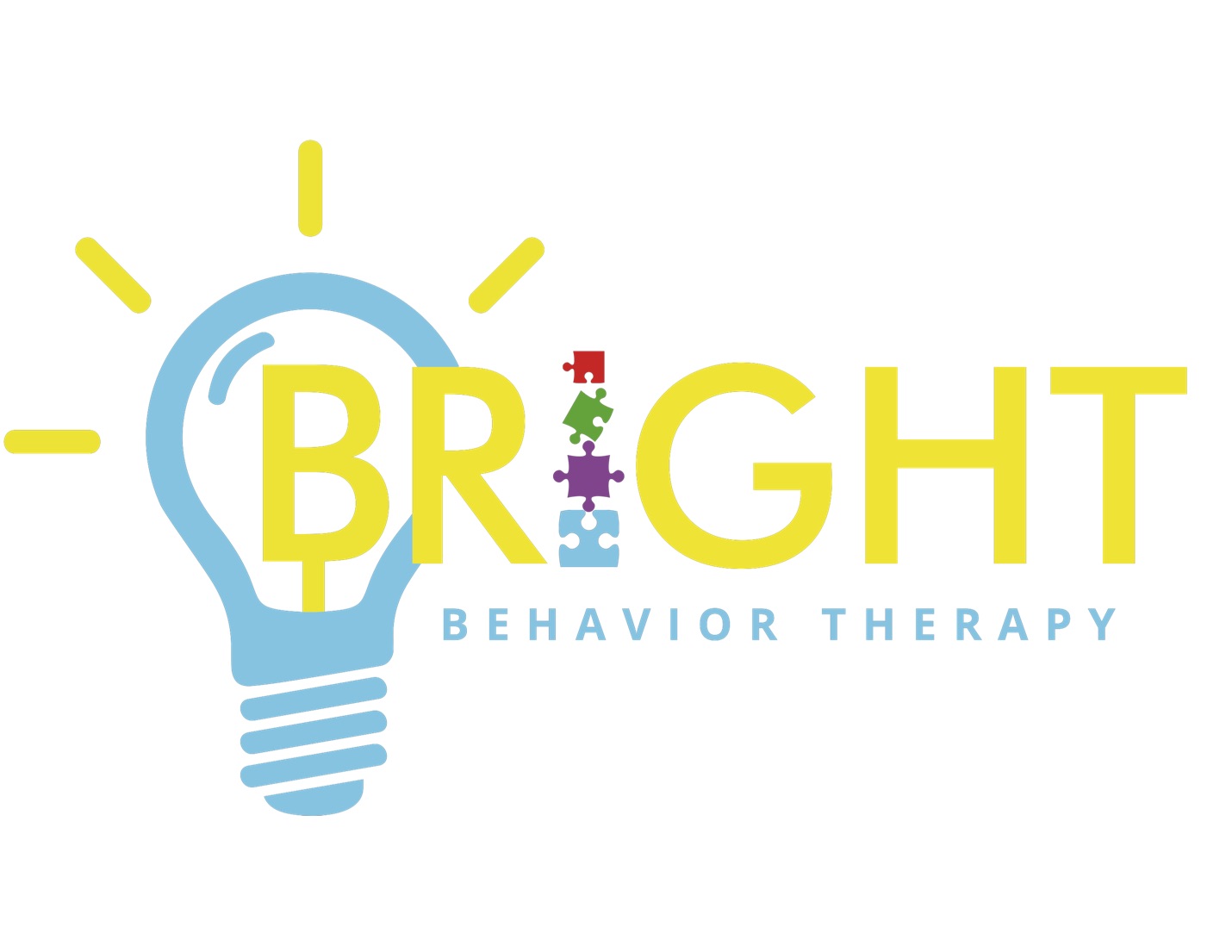
Autism Self-Advocacy: A Blog About How To Raise Awareness For Autism
The Importance Of Autism Awareness
Autism is a spectrum disorder that affects individuals differently. Autism awareness is essential to create an inclusive and understanding society. It helps people understand the challenges faced by those with autism and how they can support them.
Without adequate awareness, people may not recognize the signs of autism in their loved ones or colleagues, leading to misunderstandings and discrimination. By raising awareness, we can help reduce stigma and make it easier for autistic individuals to participate fully in society.
Moreover, increasing public knowledge about autism can lead to early diagnosis and intervention, improving outcomes for autistic individuals. Early intervention services such as ABA therapy have been shown to significantly improve communication skills, socialization abilities, academic performance, and overall quality of life.
In addition, creating more awareness about autism will encourage research into new treatments that could enhance the lives of those living with this condition. Increased funding for scientific research on autism would enable us to better understand its cause and develop effective interventions.
How to Get Involved in Autism Self-Advocacy
To get involved in autism self-advocacy, the first step is to understand what it means. Self-advocacy refers to individuals with autism advocating for themselves and having a say in their own lives. It also includes advocating for others within the Autism community.
One way to get involved is through social media platforms such as Facebook, Twitter, LinkedIn and Instagram. These platforms allow people to share stories, information about events and resources that can help increase awareness of Autism.
Another way is by volunteering at local organizations or nonprofits that focus on Autism advocacy. This could include participating in fundraising efforts or organizing events that raise awareness of Autism causes. Volunteering or participating in the Special Olympics is one fantastic way to get connected to others who have the same concerns.
Attending seminars, conferences and workshops around Autism are great ways to learn more about how you can make an impact in your community. There are many opportunities available for those interested in learning more about becoming an advocate.
Contacting elected officials and sharing concerns regarding accessibility issues related to public spaces can be a valuable tool for advocacy work. Letting your voice be heard by those who make decisions on behalf of the community can create positive change towards greater inclusivity for all individuals with disabilities including those with Autism Spectrum Disorder (ASD).
Autistic People CAN Be Successful
Autistic people can be successful in anything they set their minds to, just like anyone else. The idea that autism automatically means a life of struggle or failure is simply not true. In fact, many autistic individuals have unique perspectives and strengths that make them specially valuable contributors to society.
Of course, success may look different for each person depending on their individual strengths and challenges. Some autistic individuals may excel in fields such as science or technology, while others may find success in creative pursuits like art or music.
One thing that can help autistic individuals achieve success is finding environments where they feel comfortable and supported. This might mean seeking out workplaces with inclusive policies or connecting with communities of other autistic people who understand their experiences.
It’s also important for society at large to recognize the potential of autistic individuals and provide opportunities for them to succeed. By valuing neurodiversity and embracing the unique contributions of all members of our communities, we create a more equitable and supportive world for everyone.
By participating in autism advocacy, you can make this beautiful reality more accessible for everyone.
Want To Get More Involved Or Have A Family Member With Autism? Contact Us
Autism self-advocacy is an essential part of raising awareness about this condition and promoting inclusivity. By getting involved in autism advocacy groups, spreading knowledge through social media and other platforms, supporting autistic individuals in their goals and aspirations, we can create a world that values neurodiversity and recognizes the unique strengths of every individual. If you or a family member has autism, please contact us at (313) 694-7700 and we can get you the help you need and help you to get more involved in the community, including in advocacy.
Let us all come together to be allies for those on the spectrum and work towards a more inclusive society.

The History Of The Special Olympics
In honor of the Special Olympic World Games happening this month in Berlin, we wanted to offer a history of these amazing games for this month’s blog post.
Did you know that this incredible organization has been changing lives for over 50 years? From humble beginnings in the backyard of Eunice Kennedy Shriver’s Maryland home, this global movement now serves millions of athletes with intellectual disabilities including autism across more than 190 countries.
The Special Olympic world games happen every two years, alternating winter and summer sports. Get ready to be inspired by stories of courage, determination, and inclusion!
What Are The Special Olympics?
The Special Olympics are an international organization that provides year-round sports training and athletic competition in a variety of Olympic-type sports for children and adults with intellectual disabilities. The organization was founded in 1968 by Eunice Kennedy Shriver, sister of US President John F. Kennedy.
The first Special Olympics Games were held at Soldier Field in Chicago, Illinois, USA, in July 1968. Since then, the Special Olympics have grown to include more than five million athletes from over 190 countries competing in over 30 Olympic-style sports.
The Special Olympics are held every two years alternating Summer and Winter Games, and there are also regional games and competitions held throughout the year. Somewhere in the world, a Special Olympic event is happening nearly every day of the year.
If you’d like to be involved in Michigan, you can find more information at the Special Olympics Michigan website.
The Purpose Of The Special Olympics
The Special Olympics provides a number of benefits for its athletes:
First, it gives athletes a chance to compete and experience the joys of victory.
Second, it helps athletes to develop physical fitness and confidence.
Third, it gives athletes a sense of belonging to a community and an opportunity to make new friends.
Fourth, the Special Olympics provides services to its athletes, such as vision and nutrition screening, shoes, and other necessities often missed by our larger culture.
Finally, it helps to change public attitudes towards people with intellectual disabilities.
There have been many changes to the Special Olympics over the years.
One of the biggest changes is that the Games are now held all over the world. In 1968, only 1,000 athletes from 26 states and Canada competed in the Games. Now, more than 5 million athletes from 190 countries compete in the Special Olympics every year.
The types of sports offered have also changed over the years. When the Games first started, only a few sports were offered. Now, there are more than 30 sports to choose from, including traditional sports like basketball and track and field, as well as newer sports like surfing and kayaking.
The rules of some sports have also been adapted to make them more inclusive for athletes with intellectual disabilities. For example, in basketball, teams are now allowed to have twice as many players on the court as they do in traditional basketball games. This allows all athletes to be involved and to have a chance to score points.
The Special Olympics have also grown beyond just an athletic competition. They now offer programs like Young Athletes, which introduces children with intellectual disabilities to sport and physical activity; Healthy Athletes, which provides free health screenings and services to athletes; and Unified Sports, which brings together people with and without intellectual disabilities on sports teams.
The Future of the Special Olympics
The Special Olympics have come a long way since their humble beginnings in 1968. Today, the organization is a global force for good, with over 5 million athletes taking part in Special Olympic events every year.
Looking to the future, the Special Olympics will continue to grow and change lives. Here are just a few of the ways that the Special Olympics will continue to make a difference in the years to come:
- More awareness and inclusion of people with intellectual disabilities
One of the core missions of the Special Olympics is to create a more inclusive world for people with intellectual disabilities. In recent years, there has been a growing awareness of the issues faced by this community, and the Special Olympics has played a key role in driving this change. Going forward, the organization will continue to work towards increasing inclusion and opportunity for people with intellectual disabilities around the world.
- Continued expansion into new countries and regions
The Special Olympics currently reaches over 190 countries around the world. In the coming years, the organization plans to expand its reach even further, bringing its message of hope and inclusion to even more people across the globe.
- A focus on health and wellness
As well as promoting inclusion, another key aim of the Special Olympics is to improve health and wellbeing among its athletes. In recent years, there has been a growing focus on health and wellness within the organization, and this is set to continue in the future. The Special Olympics will continue to work with partners in industry and the nonprofit sector to bring more healthy initiatives to its athletes and families.
Get Help For Children With Intellectual Disabilities, Including Autism, At Bright Behavior Therapy
The Special Olympics has been a source of inspiration and hope for athletes with intellectual disabilities since its founding over fifty years ago. Its success is due to the outstanding dedication, commitment and hard work of countless individuals who have seen the potential of these exceptional athletes and worked to provide them with an outlet to reach their full potential.
It continues to provide joy, motivation, empowerment and life-changing experiences both on the field and off in communities around the world. We are proud that the Special Olympics stands as a testament to what people can achieve when they come together with courage and determination.
